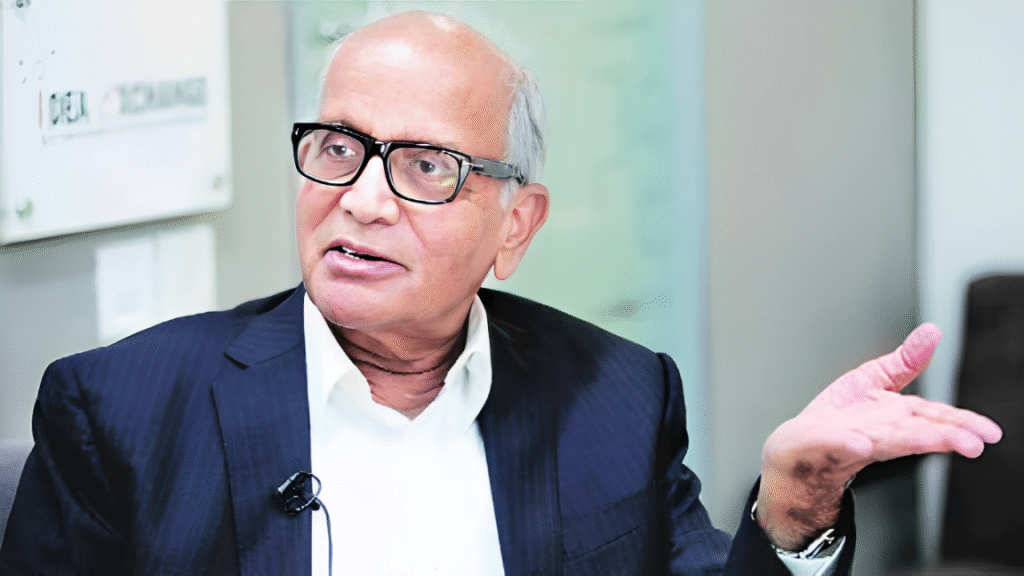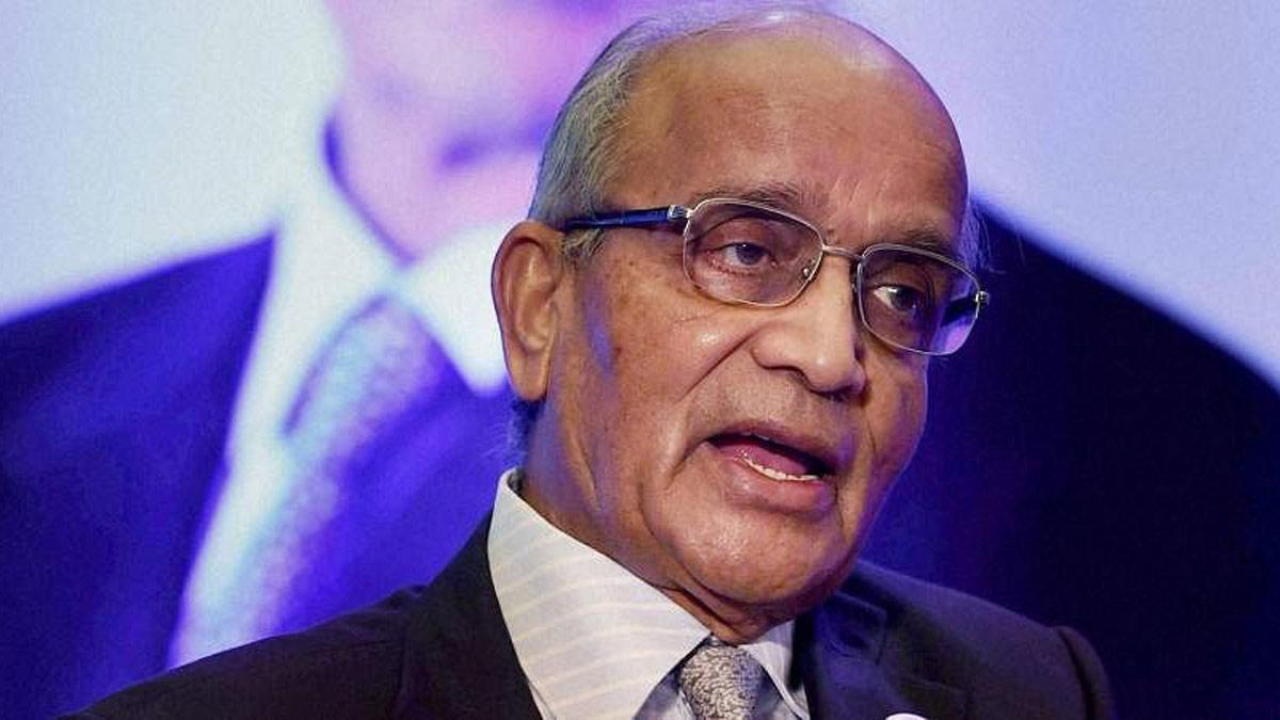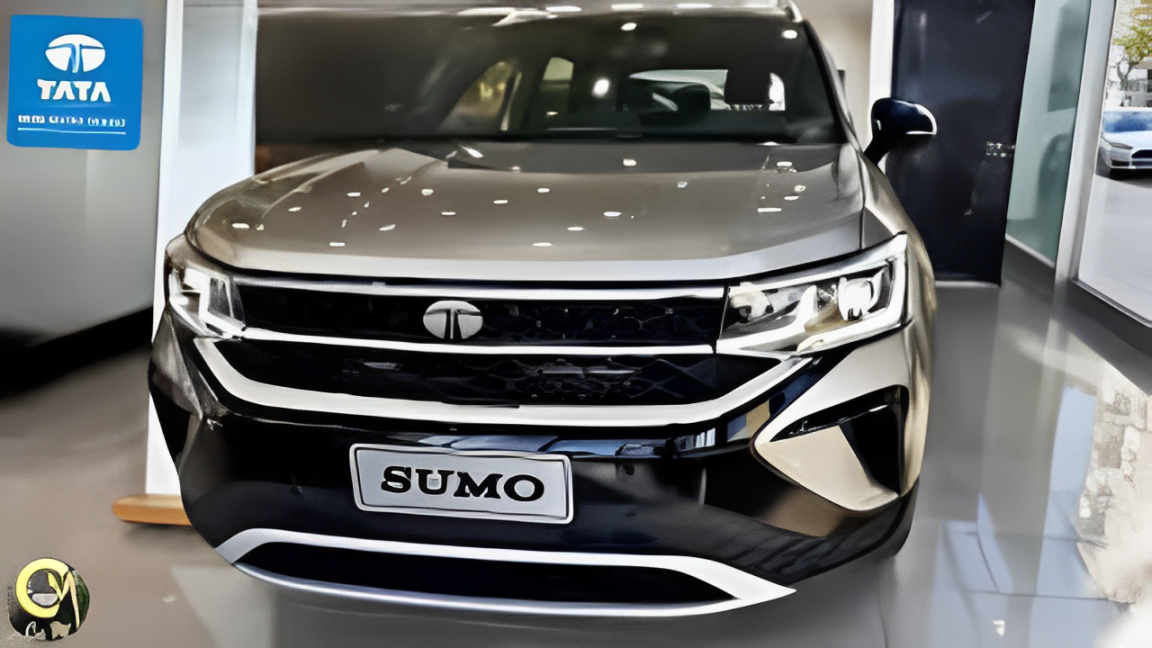Import dependence for electric vehicle (EV) components is making the adoption of EVs expensive for Indian consumers, according to Maruti Suzuki Chairman R C Bhargava.
He emphasized that India’s electric vehicle component infrastructure is not well-developed, leading to automobile companies relying on imports for crucial components.
Bhargava explained that the lack of a robust local ecosystem for EV components, including not just the batteries but also other vital parts, is contributing to the high cost of electric cars in the country.
Bhargava’s comments came during a virtual press conference where Maruti Suzuki announced its quarterly and annual financial results. According to him, the automobile sector depends heavily on the availability of local components, especially for electric vehicles.
However, for EVs, there is no local manufacturing of critical parts like batteries at a competitive price point. Most of the key components, including batteries, are sourced from foreign markets, which in turn pushes up the prices of electric vehicles.
This reliance on imports makes it difficult for the common man to afford an EV, which hinders its adoption across India.
He also pointed out that India currently imports critical components for electric vehicles from countries like China, Japan, and South Korea.
The absence of local manufacturing of EV batteries means that automakers must buy them from abroad, making EVs expensive. As the country works toward growing its EV market, Bhargava expressed concerns over this import dependence and how it is slowing down the mass adoption of electric cars.
“Without a competitive, local supply chain, electric vehicles in India are high-priced,” said Bhargava. He noted that components like the batteries are particularly expensive, and no company in India currently manufactures batteries that can compete with international prices.
Additionally, he explained that most of the internal components of electric vehicles are still imported, contributing to the high cost of electric cars.
According to a report by S&P Global, the situation is expected to improve slightly in the coming years. By 2030, it is predicted that 13% of the total EV battery cell demand in India will be met domestically.
However, this still means that a significant portion of the demand will be met through imports from countries like China, Japan, and South Korea.
Bhargava’s remarks highlight the challenges faced by India’s growing electric vehicle market. The high price points of EVs are limiting their adoption, as most consumers find them too expensive compared to traditional internal combustion engine (ICE) vehicles.
Although the government has made strides in promoting EV adoption, including the introduction of incentives and subsidies, the overall infrastructure and manufacturing capacity for EV components remain underdeveloped.
He further stated that the government’s recent income tax concessions for FY26, aimed at boosting demand for passenger vehicles, were insufficient to address the needs of the EV sector.

Bhargava called on the government to cut taxes and ease regulations specific to electric vehicles, which would help spur demand for these vehicles and accelerate their adoption. The tax cuts could provide an essential financial incentive for consumers, making EVs more affordable and appealing.
Despite the challenges, Maruti Suzuki has made efforts to address the growing demand for electric vehicles in India. Bhargava revealed that Maruti Suzuki will begin delivering its first electric car, the e-Vitara, by September this year.
However, the majority of these vehicles will be exported to other markets. The company plans to sell about 70,000 electric vehicles during the current financial year, marking a significant step towards expanding its EV portfolio in India.
The e-Vitara’s launch is part of Maruti Suzuki’s ongoing commitment to the electric vehicle market, which will contribute to India’s evolving EV ecosystem. However, as the company works to establish a foothold in the EV space, it continues to face significant competition and challenges regarding import dependence.
In the broader context of the Indian automobile industry, Maruti Suzuki is often credited with helping develop the country’s automobile component sector.
The industry has grown into a $74 billion sector, contributing 2.3% to India’s GDP and directly employing about 1.5 million people.
The industry also plays an important role in India’s export sector, with auto component exports reaching $21.2 billion in FY24. With the current trend, exports are projected to rise further to $30 billion by 2026.
Despite these achievements, the Indian EV industry has a long road ahead to establish a self-sustaining and competitive supply chain.
Bhargava mentioned that the component infrastructure for electric vehicles is still in its early stages and that India’s automobile companies must continue to work on developing the necessary capabilities for EV components.
The government’s support in building a domestic manufacturing ecosystem for EV components, particularly batteries, is crucial for driving down costs and increasing the affordability of electric vehicles for the masses.
One of the silver linings, according to Bhargava, is that companies like Ola Electric are making strides in the development of battery cell technology.
This development offers hope for reducing India’s reliance on imports for EV batteries in the future. Additionally, major industry players such as Rajesh Exports, Amara Raja, Reliance, and the Adani Group are also planning to build lithium-ion battery cell factories in India.
These initiatives are expected to play a key role in the country’s effort to reduce its import dependence for EV components.
As India moves forward with its ambitious goal of increasing the adoption of electric vehicles, the focus will need to shift towards building a robust infrastructure for EV component manufacturing. Investments in battery manufacturing and the creation of a competitive local supply chain will be key to making electric vehicles affordable for consumers.
Bhargava’s comments serve as a reminder that without significant improvements in the domestic EV component industry, India’s electric vehicle market will continue to face obstacles in achieving widespread adoption.
In conclusion, while India’s electric vehicle market holds significant potential, the country’s heavy reliance on imports for critical EV components, especially batteries, is driving up the cost of electric cars.
Bhargava’s call for reduced taxes and the development of local manufacturing capabilities for EV components highlights the pressing need for government intervention and investment in the sector.
The path ahead may be challenging, but with the right policies and infrastructure development, India’s electric vehicle market can become a driving force in the global automotive industry.

